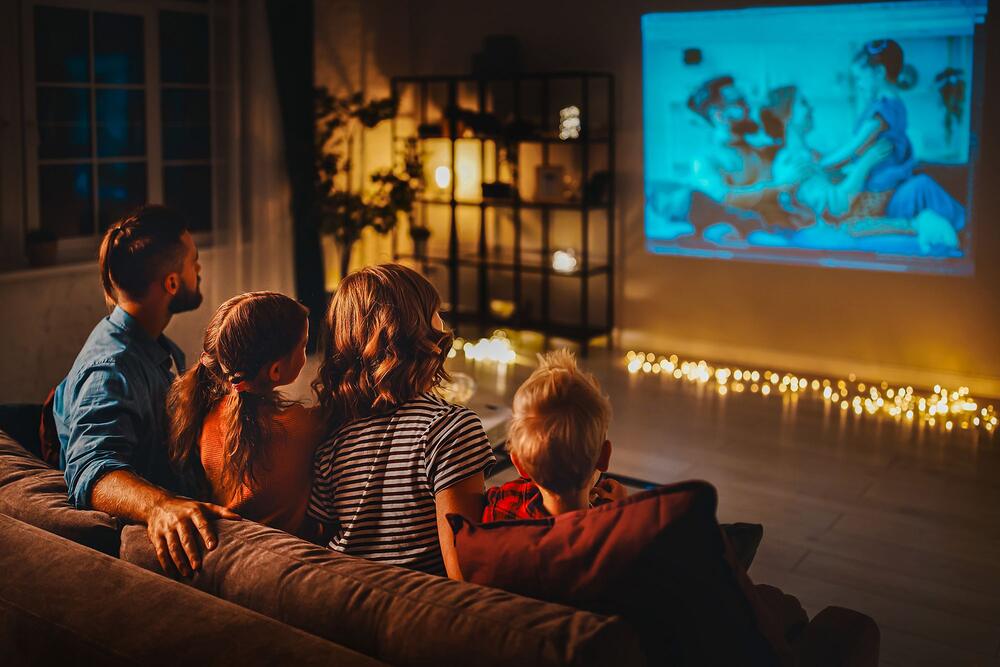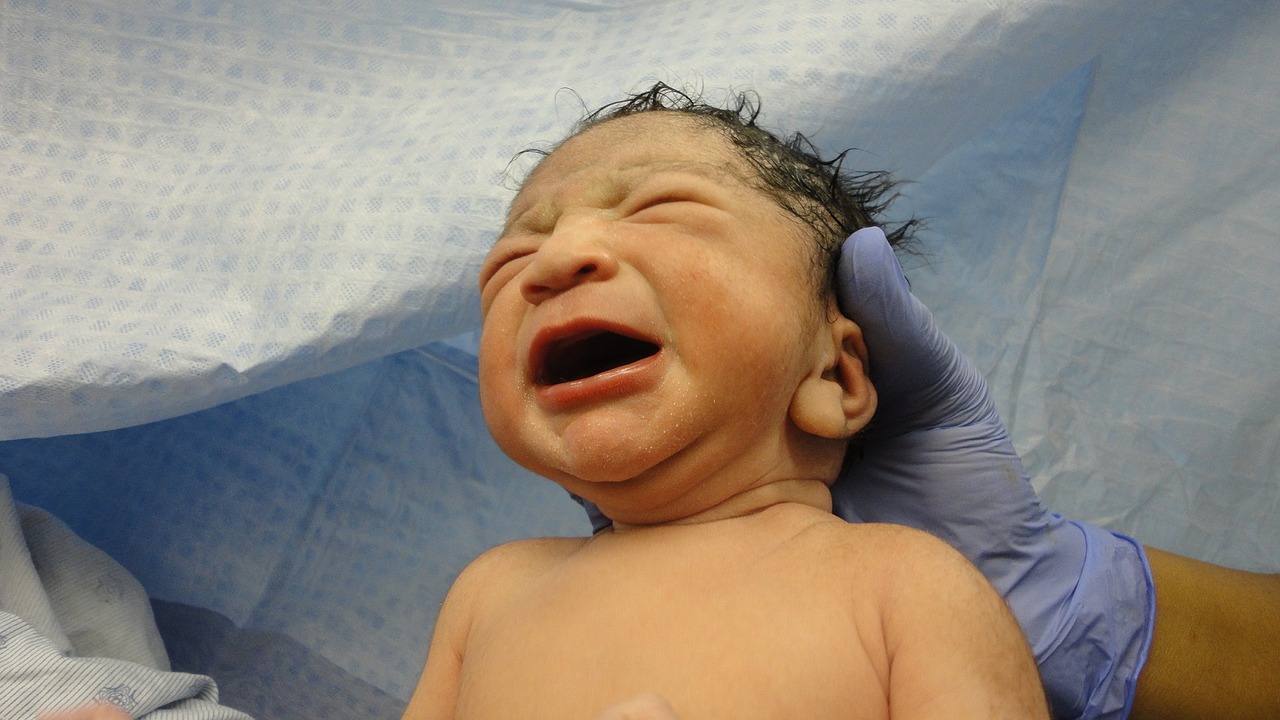
Major difficulty with TV dramas and relationships is that viewing can impact expectations in marriage or families. These 20-30 episode TV drama serials often depict an unrealistic view of relationships based on passion, jealousy, paranoia, high expressed emotions, hostility and critical situations. The fantasy and escapism of the popular drama serials are huge parts of the attraction. But are people subconsciously buying into the depictions of love marriage, family and friendship that we see on the screen?sni
Imitation and learning from television
Portrayal of marriage and family life on television can influence the conceptions that parents, children and adults hold about family. Social learning theory described by Bandura argues for imitative behaviour and learning from television can be seen as rewarding and realistic. He argues that it uses both imitation and identification to explain how people learn through observation. How television has portrayed the family is important because television is a source for learning about family; what an ideal family is, how husbands and wives are supposed to behave and how parents are expected to treat their children.sni
The portrayal of family varies by type of programming. Situation comedies, family dramas and TV serials are often about family. In addition to showing how parents behave, television dramas also present a picture of the relationships among siblings. Sibling relationships generally emphasize efforts to resolve conflicts and to maintain positive emotional ties. There is however, considerable variation depending on the program.sni
Patterns of family interaction
It has been seen that family members can watch television to be together or to distance from each other; as a basis to talk or avoid interaction; as a source of conflict, or an escape from it. Since much of the time, family members spend together in front of television, it at least partially defines the context within which family interaction occurs and therefore helps explain the meaning of that interaction.sni
From this perspective, family themes, roles or issues are carried out in a variety of contexts. And the television viewing context becomes one in which it is useful to observe patterns of family interaction in general. As such, TV dramas are implicated in the accomplishment of numerous family functions, including defining role expectations, articulating the nature of relationships, and using economic and relational currencies in the negotiation of intimacy and power.sni
Impact on interfamilial relationships
The content of television drama serials watched by families also plays a significant role in influencing how interfamilial relationships function. Their portrayal of interactions within families is typically unrepresentative of real family relationships. So a false sense of normal family interactions is transferred to viewers.sni
Interpretation of familial conflict within television drama serials has considerable effects on viewers. In most cases, family life is shown to be plagued with jealousy, mistrust and emotional conflicts. Also, when it is included in a drama serial’s plot, its importance is hyped; an act that affects viewers, particularly women. Families who view dramas choked with lots of emotional conflict were impelled to believe that the overall impact of these examples would be equivalent to the impact they would experience, had they been going through the same conflict in their own life.sni
The perceived ease with which family conflicts are corrected is also influenced by TV dramas. Regular viewing leads to unrealistic expectations regarding parenthood and siblings particularly among different social classes. The lack of realism found in TV drama serials is certainly not an anomaly in television programs. In fact, most television programs usually portray many issues facing today’s families as easily resolvable. By trivializing familial social problems, television programs contribute to creating a highly idealized depiction of the family structure. It makes them believe that rapid solutions are available to even the most severe dysfunctions.sni
Television trap
The effortlessness with which one can fall into the trap of television has undoubtedly cost families a great deal with regards to the strength and depth of their relationships. The shallow sense of closeness and association it creates by becoming a point of congregation for families is vastly outweighed by its detrimental effects. It has facilitated the movement away from engaging family interactions towards inert family togetherness. In some cases it has been found to break down the family unit even further by causing separation and the indoctrination of out of reach family ideals in hildren and young couples. As television enjoys more and more control over the family dynamics, these negative consequences will certainly continue to take their toll on the family unit.sni
Given its lasting influence on individuals and society, it is not surprising that the family is emerging as a major battleground in the scripts of modern TV dramas to set the norms of personality, conduct, and the social order. It may be more surprising that this emergence, or our recognition of it, is so recent. Just as many current social theories of the family are best seen as myths contending for influence over social conduct and social policy, most popular cultural portrayals of the family are best seen as models or norms rather than mere reflections of reality.sni
By: Prof Dr Fawad Qaiser, Psychiatrist










